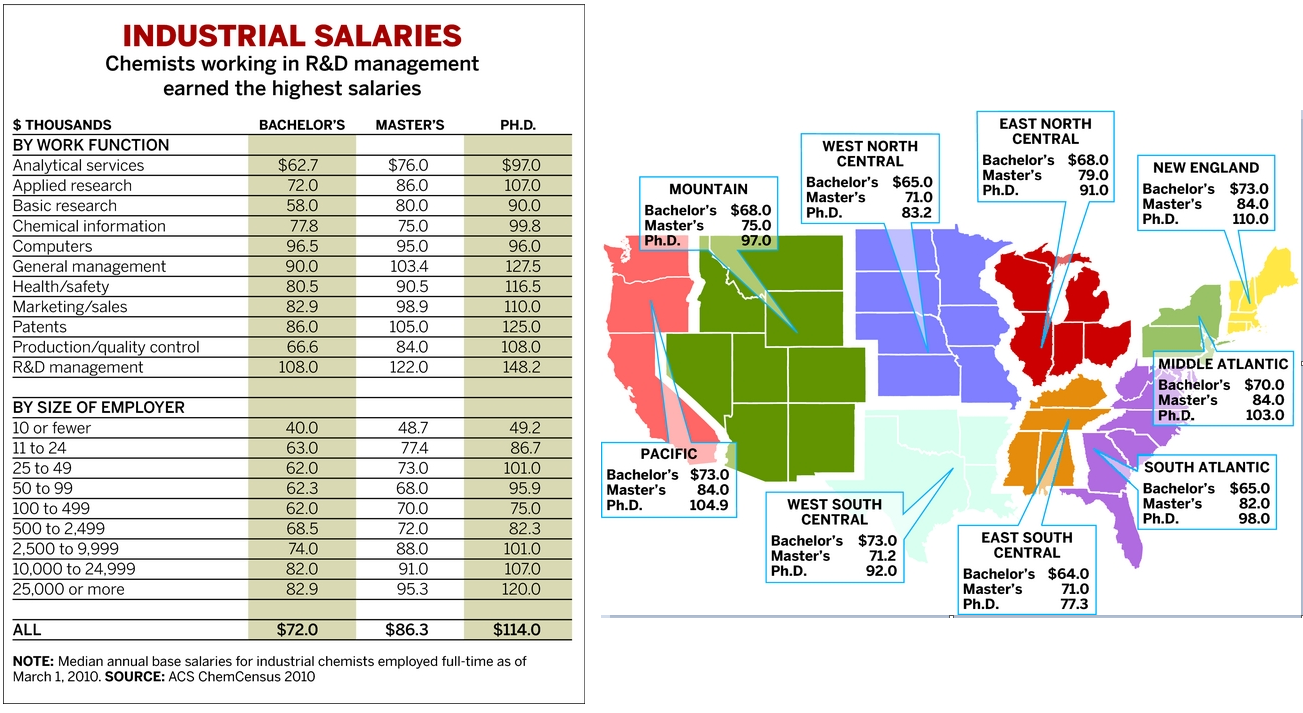We are not shying ourselves away from getting immense ToT from France and US but the latest development is we are becoming completely independent and innovative in pursuing our own (and overseas) nuclear plant projects:
China's Nuclear Boom
08/25/2015
By Sharryn Dotson
Editor of Nuclear Power International
Nuclear power in Asia is hit or miss. Reactors in Japan are crawling to begin restart procedures for all but two of their shut down nuclear power plants, while others are building reactors at record speed. Even more countries want to supply reactor technology or other products and services to establish international ties or help keep their business afloat as their home countries delay or end any nuclear ambitions.
Asia is a land that is quickly growing population-wise, and the rate it is building nuclear power plants is running the same. The OECD Asia region is expected to have a population of 204 million in 2015, and 203 million by 2020, according to the U.S. Energy Information Administration (EIA)'s International Energy Outlook 2014. Of that total, Japan is expected to have a population of 125 million by 2020, down 1.5 percent from 2015. South Korea's population is expected to even out at 49 million, according to the EIA's data. In non-OECD countries, population is expected to increase from 3.8 billion in 2015 to 4 billion by 2020. China will account for 1.38 billion of that in 2015 and 1.41 billion in 2020. India's is 1.3 billion in 2015 and 1.38 billion over the next five years.
The nuclear plants will help the region to keep up with an expected explosion in electricity demand. According to GenerationHub, China is expected to surpass the U.S. as a nuclear power generating leader within the next quarter century.
Construction was recently completed on the Hongyanhe 6 nuclear unit.
"We don't lead any longer in new construction - China does," said Verdigris Capital Principal Andrew Paterson during the Nuclear Infrastructure Council Summit July 21 in Washington, D.C. "Fukushima does not seem to have delayed the renaissance in Asia."
The country plans to increase its nuclear capacity from 23 GW to 58 GW by 2020, with an additional 30 GW under construction, according to data from the World Nuclear Association (WNA). The government hopes to have 15 percent of overall energy consumption from from non-fossil fuel sources by 2020, and 20 percent by 2030, according to data from the EIA.
Why is it that China has not let Fukushima affect it as much as other countries have? We take a look at how China is using nuclear to help ease growing pains and make cuts to emission levels.
The government budgeted $600 billion to upgrade its power grid, according to the WNA. The International Nuclear Energy Association (IAEA) says nuclear contributed 2.4 percent of the total production in 2014, or 123.8 billion kWh. China led the U.S. in total net electricity generation in 2012 with 4.8 billion kilowatt-hours of generation, according to data from the EIA. That was up from 4.5 billion kWh in 2011.
China has also had success in building an indigenous nuclear program starting with the development and deployment of its 1,400-MW CAP1400 pressurized water reactor (PWR) designed by the State Nuclear Power Technology Corp. (SNPTC) and Shanghai Nuclear Engineering Research and Design Institute (SNERDI). The reactor is based on the design of Westinghouse's 1,100-MW AP1000 two-loop pressurized water reactor (PWR), which the SNPTC made the main basis of technology development in China. There are two new builds in China that are also using the AP1000 design: The dual-unit Sanmen and the six-unit Haiyang nuclear projects. CNEA estimated in May 2013 that the construction cost for two AP1000 units at Sanmen are CNY 40.1 billion ($6.54 billion), or 16,000 Yuan/kW installed ($2,615/kW), instead of CNY 32.4 billion earlier estimated. The price tag is expected to decrease to about CNY 13,000/kW as more construction and localization is achieved.
Based off the Westinghouse AP1000 design is the China Advanced Passive 1400 (CAP1400) technology, an advanced pressurized water reactor (APWR). There are two currently under construction at the Shidaowan 1 & 2 plant site.
China General Nuclear designed the 1,080-MW ACPR1000 reactor, which recently broke ground at the Hongyanhe 6 project site. The unit had to undergo additional safety checks and licensing after the March 2011 Fukushima accident. CGN received the approval from the National Development and Reform Commission on March 10 to build units 5 & 6, according to WNA. SNPTC, in addition to designing the CAP1400, started the pre-study of the CAP1700 reactor.
Agreements between SNPTC and Westinghouse say that SNPTC would own all intellectual property rights for any derivatives over 1,350 MW, WNA said. SNPEC is performing the engineering with a team from SNERDI, the Shandong Electric Power Engineering Consulting Institute, and the State Nuclear Power Equipment Manufacturing Co.
Prior to 2008, the government had planned to increase nuclear generating capacity to 40 GW by 2020 (out of a total 1000 GW planned), with a further 18 GW nuclear being under construction then, according to WNA. After the Fukushima accident, and due to increased projections for nuclear power, the State Council in October 2012 set the target for 60 GW by 2020, with 30 GW under construction.
The first of two reactors at the Taishan power project are expected to be completed by year-end.
By around 2040, installation of PWRs is expected to level off at 200 GW and fast reactors progressively increase from 2020 to at least 200 GW by 2050 and 1400 GW by 2100, WNA said.
The National Nuclear Safety Administration (NNSA) under the China Atomic Energy Authority (CAEA) is the licensing and regulatory body that also maintains international agreements regarding safety. It reports to the State Council directly. In relation to the AP1000, NNSA works closely with the U.S. Nuclear Regulatory Commission, said the WNA.
NNSA is responsible for licensing all nuclear reactors and other facilities, safety inspections and reviews of them, operational regulations, licensing transport of nuclear materials, waste management, and radiation protection. It is responsible for environment impact assessment of nuclear projects. The licensing approval process starts at the approval of siting, then the construction permit, which is usually issued 12 months before the first concrete is poured. Next is the permit for fuel loading, then approval and issuance of the operating license.
Though China has obviously pushed forward with new builds, the Fukushima accident did slow down progress for a bit. The State Council announced five days after the March 11, 2011 accident that it would suspend approvals for new nuclear plants and begin safety checks of both operational and planned nuclear plants. The council also suspended work on four approved units due to start construction the same year. Two of those projects-Fuqing 4 and Yangjiang 4-began construction in late 2012. WNA data says inspections of the operating plants took three months, and inspections of planned units were completed by October.
China has also taken major steps in achieving high safety standards. China has hosted 12 Operational Safety Review Team missions from the International Atomic Energy Agency (IAEA) to October 2011, and each power plant has had one external safety review every year through OSART, the World Association of Nuclear Operators (WANO) peer review, and peer reviews from the Canadian National Energy Alliance in partnership with the Research Institute for Nuclear Power Operations, according to WNA. The NNSA is also part of the ASEAN+3 Forum on Nuclear Safety.
Nuclear work in China does not appear to be slowing anytime soon, especially with a growing supply chain and aggressive plans for more power generation in the nation. The country is open for business, and other nations are looking to partner on projects. It's no wonder that publications and industry groups have said China is a leader when it comes to building new reactors.
China's Nuclear Boom - Power Engineering
China's indigenous nuclear reactor ACP1000 wins IAEA approval
http://www.ft.com/intl/cms/s/0/017c9a88-e8c2-11e4-b7e8-00144feab7de.html




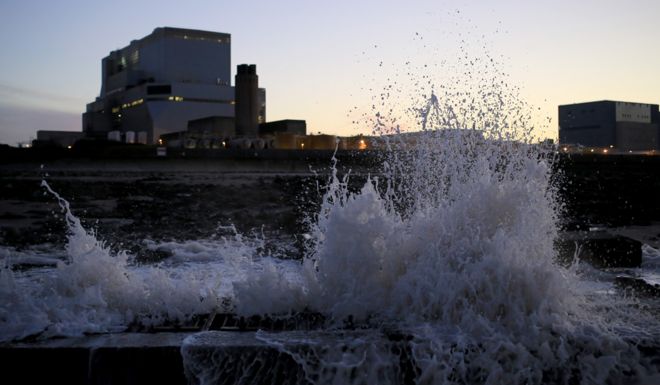
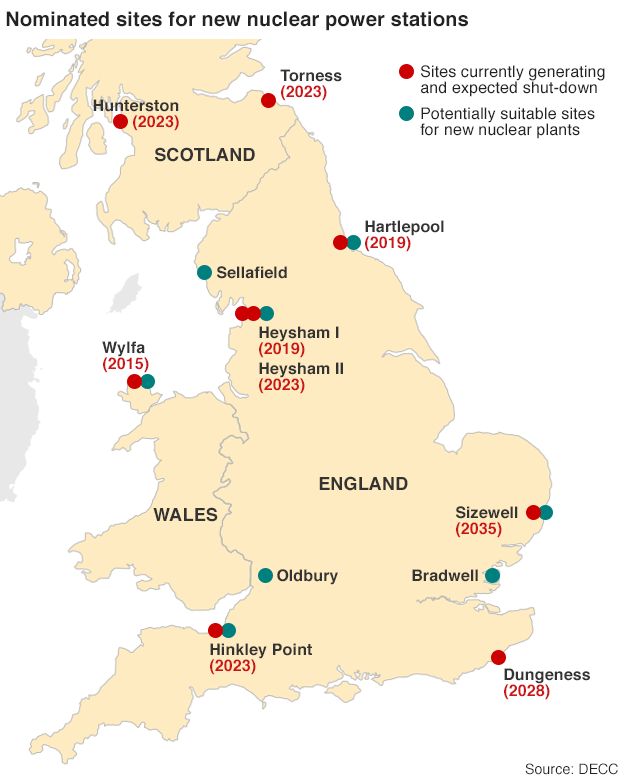
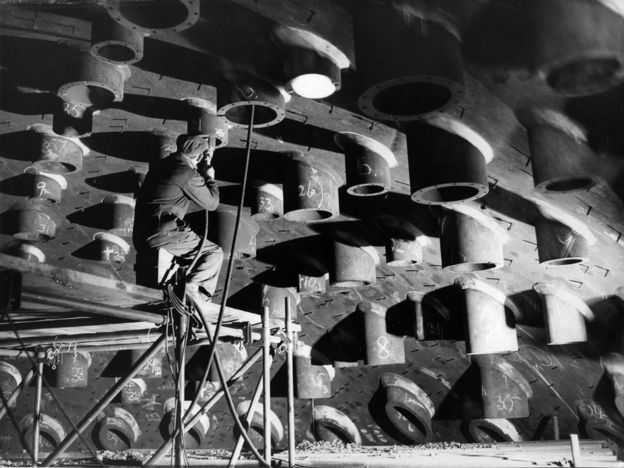




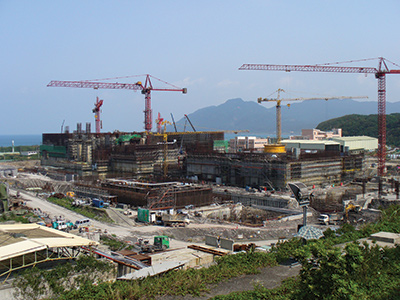



 , its always good to maintain a balance though, too much of anything is never good.
, its always good to maintain a balance though, too much of anything is never good.
